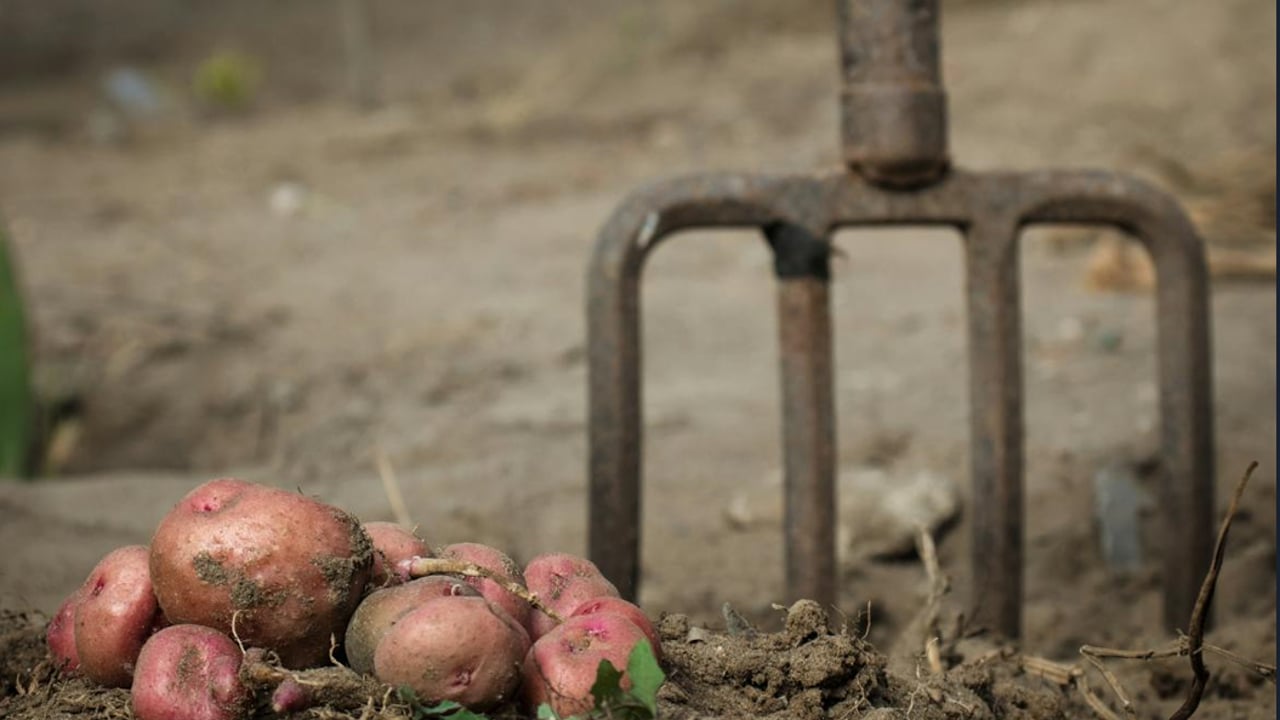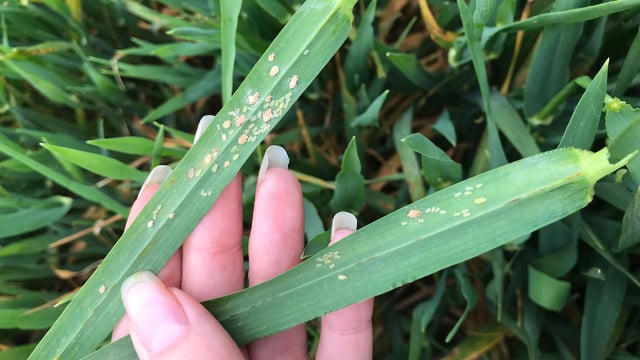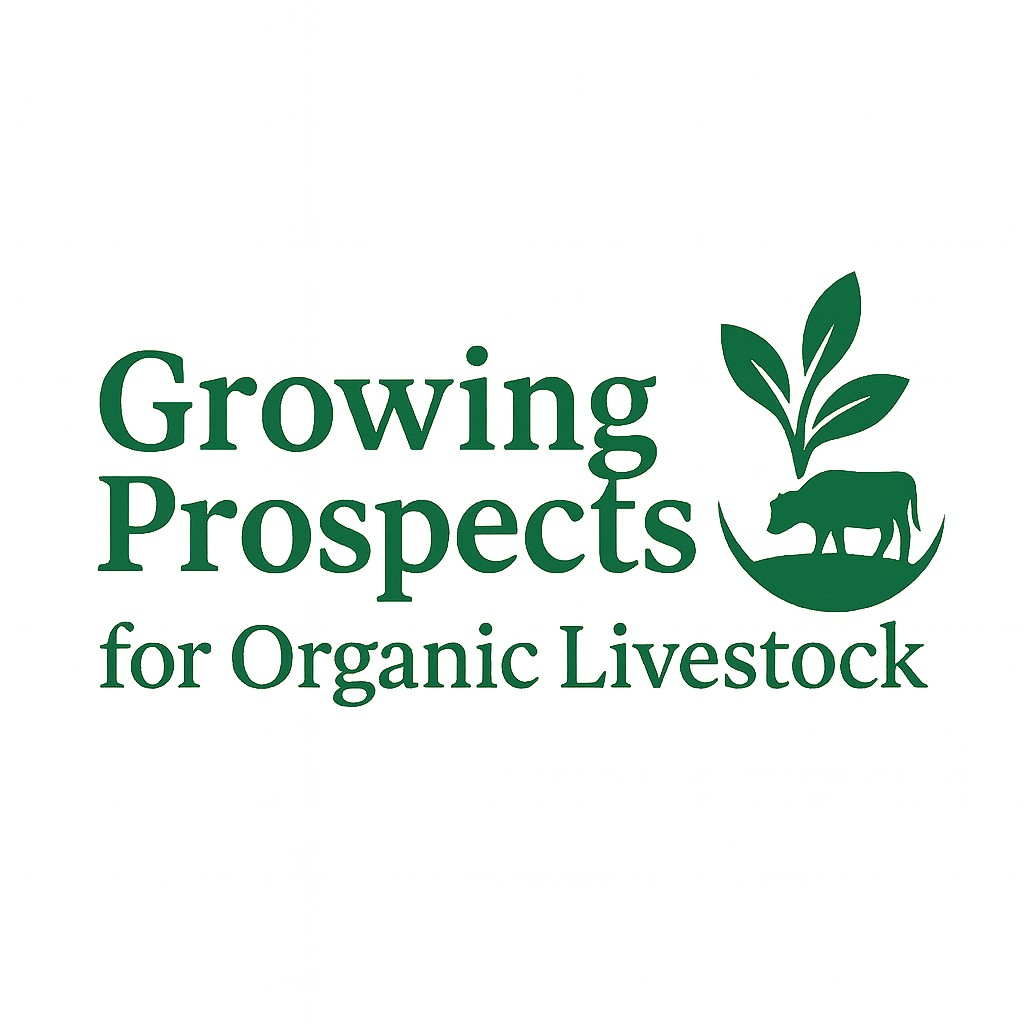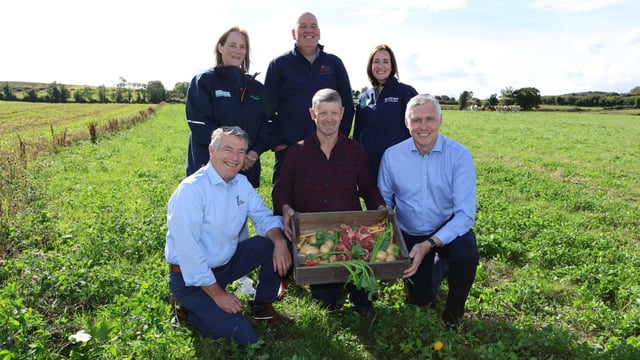Report recommends new plan to tackle 'food waste at farm level'
A new national programme should be developed to tackle the problem of "food waste at farm level", according to a new report from an Oireachtas committee.
According to the Joint Committee on Environment and Climate Action this currently amounts to around 70,000 tonnes every year.
The committee believes that a "template" for a programme to deal with food waste at farm level already exists with the FoodCloud Grower’s Project.
FoodCloud, is a registered charity, whose key mission to combat climate change and food insecurity by connecting businesses that have surplus food to communities that can use it.
Its Growers’ Project, which is supported by the Department of Agriculture, Food and the Marine (DAFM), aims to reduce food waste at farm level by connecting growers who have surplus produce with community groups around the country.
Its target is to redistribute 60 tonnes of produce that "would not otherwise have been harvested or which might have been sent for animal feed".
The Report on the Circular Economy published by the Joint Committee on Environment and Climate Action examines Ireland’s transition to a circular economy and puts forward 47 recommendations to meet the challenges faced by each sector.
The committee specifically looks to encourage "behavioural changes" required in the choice and use of food products and also in relation to food waste at both a consumer and farm level.
The report highlights that in 2023 FoodCloud redistributed 3,723 tonnes of farm-level surplus which represented "just 0.5% of the total food wasted in Ireland.”
The Oireachtas committee also noted the potential demonstrated by the Farm Zero C Project - the collaboration between Carbery, BiOrbic and others to create a climate-neutral, economically-viable dairy farm.
"The project has demonstrated a 36% reduction in average farm emissions and savings of over €18,000 euros," the report stated.
Some of the key recommendations put forward by the committee in its Report on the Circular Economy included:
- The introduction of mandatory monitoring, measurement and reporting of food waste across all parts of the supply chain, along with the mandatory setting of targets and target-based actions across the supply chain in order to effectively reduce food waste;
- To encourage the behavioural changes required in the choice and use of food products, the committee recommends that information and incentives should be developed to promote better purchasing, storing and consumption of food, avoidance of excess packaging, and optimal separation of disposals;
- The use of best-before dates on fresh produce in the retail sector should be prohibited.
The Oireachtas committee believes that removing best-before dates would allow customers to exercise their own judgement to decide on food quality and "effectively reduce the approximately 250,000 tonnes of food waste generated by Irish households every year".





